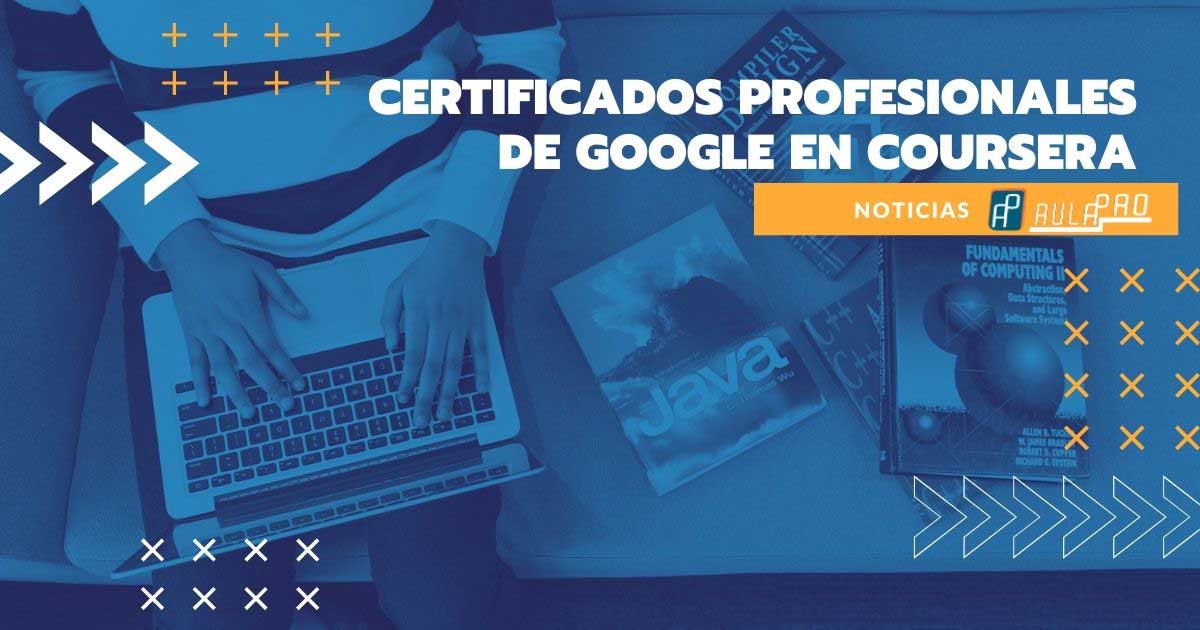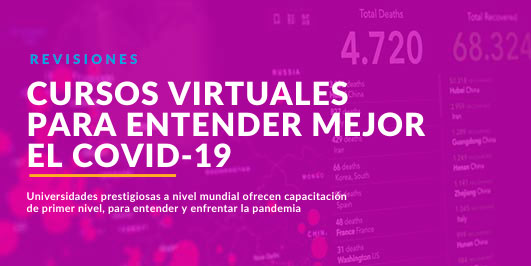One of the challenges of Covid-19 for world education has been to get out of the classroom and bring quality education directly to homes. Nations are focused on this task and some universities have even decided to train citizens on how to understand and face the pandemic, through virtual courses on Covid-19.
According to UNESCO 70% of the world's student population, has been impacted by social distancing measures, implemented as a preventive measure in the countries most affected by the pandemic.
The efforts in all nations to attend to the needs of the different affected populations are immense. One of the most worrying is the population in training stages at all levels, who have been affected by the closure of schools, educational institutions and universities in more than 190 countries.
One might think that the most affected sector could be among primary and secondary students, however, this crisis has also put university students in great difficulties.
Quality education at your fingertips! Receive a $100 discount. Subscribe annually to Coursera Plus for only USD $299. Click and find out how.
In what has to do with the digital gap, "the socioeconomic situation of students and their families is an aggravating factor," observes the Chair of Democratic Citizenship and Cultural Freedom at the University of La Rioja (Spain).
It may interest you:
BRINGING EDUCATION FROM THE CLASSROOM TO HOMES
Between governments, ministries of education and higher education institutions, different actions are being developed to be able to meet the needs of students in these challenging times.
In Columbia the Ministry of Education in alliance with the ICT Ministry They have joined efforts for the distribution of more than 83.000 computers in dispersed areas and far from urban centers in order for students and teachers to access the pedagogical learning processes at home, which have been designed to counteract the ban on face-to-face classes.
Have you heard of STEM+A?
— MinEducation (@Mineducacion) May 11, 2020
With #LearnDigital, Content for All, teachers in the country can also access content focused on Science, Technology, Engineering, Mathematics and Art. All the information in https://t.co/ztz5kcw8Vn #PreventionYAction pic.twitter.com/4CTtOAIU69
It may interest you:
For Higher Education Institutions, the Ministry of Education in Colombia launched the Godfather Plan, an initiative to which more than 120 HEIs have already joined and that allows the exchange of experiences and capacities between the different universities at the national level, so that some offer their knowledge and others receive "Know how" and pedagogical resources.
But in addition to supplying and giving continuity to the education of young people, part of what is key at this time in educational matters is, of course, the training not only of students, but also of parents and the population in general, on how to can better face and better understand the characteristics, risks and ways to prevent contracting the disease.
LIST OF VIRTUAL COURSES ON COVID-19
The following is a list of virtual courses on Coronavirus developed by prestigious universities worldwide such as Johns Hopkins University, the University of Toronto and the Imperial College of London, among other institutions with relevant information to document ourselves in a better way, which is the responsibility of all













